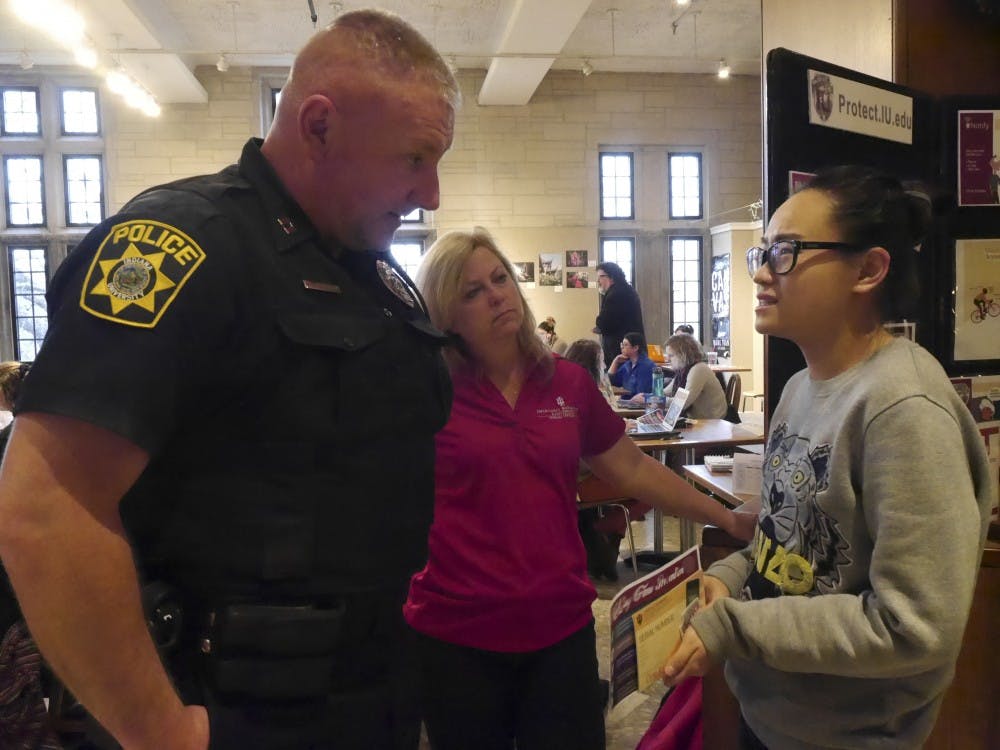IU has a variety of different initiatives and programs in place to keep students safe. Additionally, the IU Police Department oversees campus security and monitors dangerous situations. Many of these situations involve underage drinking or substance abuse. Capt. Andy Stephenson answers some common campus questions, primarily about the repercussions for students who are identified as drinking underage.
Indiana Daily Student: How do you guys handle and interact with the Indiana Lifeline Law? Can students still get in trouble, even if under the immunity of the law?
Capt. Andy Stephenson: “Well, first of all, the law does not impact our procedures and how we police. If someone calls us for help, we’re not arresting that person. We want people to call us for help. We have never arrested people who have called for an ambulance. We don’t want to discourage people from calling for help. The lifeline law protects the person who is reporting.”
IDS: What happens if an ambulance comes? What can students be charged for financially?
Stephenson: “Let’s say we get a call that someone is vomiting — an RA calls. We get an ambulance call on the campus. If the ambulance shows up, and you’re not transferred to the hospital, just checked out, they aren’t charged for that.”
IDS: How does the University respond to underage drinking? What punishments does the university offer that BPD wouldn’t?
Stephenson: “All police officers have discretion of who we can arrest and what we can arrest for. IUPD can respond to a call and make an arrest and enter them into the criminal justice system, so anytime we’re involved in it, there’s likely to be University sanctions as well. The University police have the option that municipal police don’t have. We can choose not to make an arrest, like if it’s a low-level first-time offense, we can open an internal investigation with student ethics. So, although we’re not arresting, our police report is shared with the University and could generate some disciplinary action on the part of the University.”
IDS: Dorm cops — myth or fact?
Stephenson: “They’re living in most dormitories and we’ve had them live in for maybe the last 10-12 years. Their role, they’re there to provide support for students, to work along with the resident’s hall staff. It’s good for police and community relations. The police living in the dormitories are students, just the same as the students who live there. They can provide support, answer any questions students may have and build those relationships so students know they can trust the police, we’re here to help them. It’s a really great program. Most dormitories have them. I know Collins doesn’t.”
IDS: Is no alcohol in the dorms a universal policy? How is alcohol punishment handled, then, across all the different dorms on campus, considering any special cases?
Stephenson: “Well obviously, we’re all responsible for our actions after consuming alcohol. But if we encounter someone and they are 21 years of age and they’re living on a floor that permits a small amount of alcohol in the room, then there’s no crime there. But we all know alcohol consumption can lead to bad decisions, even if they consume and possess it legally.”






